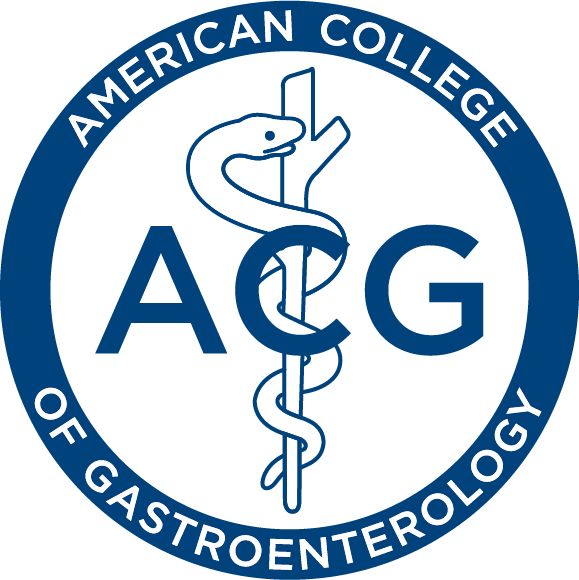Newswise — The September issue of The American Journal of Gastroenterology includes several articles on liver-associated conditions and age-related impacts on disease. The issue highlights new clinical science and reviews including young-onset adenoma diagnosis among US veterans; the financial, psychological, and physical burden of inflammatory bowel disease; and SARS-CoV2 infection or diagnosis. This month we also published articles on ulcerative colitis, hepatitis C, non-alcoholic fatty liver disease, pancreatic cancer screening, anorectal conditions, eosinophilic esophagitis, irritable bowel syndrome, and more.
Several articles are highlighted below and access to any articles from this issue, or past issues, is available upon request. The College is also able to connect members of the press with study authors or outside experts who can comment on the articles.
Risk of Incident and Fatal Colorectal Cancer After Young-Onset Adenoma Diagnosis: A National Cohort Study
Casey and Demb, et al.
In this study, authors compared incident and fatal colorectal cancer (CRC) in US veterans with young-onset adenomas (YOAs), defined as adenoma detected in adults under age 50, to those with a normal colonoscopy. YOA diagnosis was found to be associated with an 8-fold increase in incident CRC risk compared to those with a normal colonoscopy. However, overall 10-year CRC incidence was relatively low among both groups and no differences in fatal CRC risk were observed.
Visual Abstract
Significant Dose-Response Association of Physical Activity and Diet Quality with Mortality in Adults with Suspected NAFLD in a Population Study
Vilar-Gomez, et al.
This analysis used 2011-2014 NHANES data to examine potential association of higher levels of physical activity and diet quality with better survival rates in NAFLD. Physical activity levels were recorded using a wrist-worn triaxial accelerometer and diet quality was determined using detailed reporting of food intake over two 24-hour time periods. The authors found that higher diet quality and increased physical activity, in both duration and intensity, were associated with lower risk of all-cause and cardiovascular-specific mortality.
Visual Abstract
Comparative Speed of Early Symptomatic Remission with Advanced Therapies for Moderate-Severe Ulcerative Colitis: A Systematic Review and Network Meta-Analysis
Ahuja, et al.
This review compared the speed of symptom relief of ulcerative colitis in eight approved therapies and a placebo. Based on data from 14 randomized controlled trials, upadacitinib was significantly more effective in achieving symptom remission within two weeks compared to other treatments and placebo. Ozanimod was found to be the least effective advanced therapy for symptom remission at two weeks.
Visual Abstract
About the American College of Gastroenterology
Founded in 1932, the American College of Gastroenterology (ACG) is an organization with an international membership of over 18,000 individuals from 86 countries. The College’s vision is to be the preeminent professional organization that champions the prevention, diagnosis, and treatment of digestive disorders, serving as a beacon to guide the delivery of the highest quality, compassionate, and evidence-based patient care. The mission of the College is to enhance the ability of our members to provide world class care to patients with digestive disorders and advance the profession through excellence and innovation based upon the pillars of Patient Care, Education, Scientific Investigation, Advocacy and Practice Management. www.gi.org
MEDIA CONTACT
Register for reporter access to contact detailsCITATIONS
The American Journal of Gastroenterology

